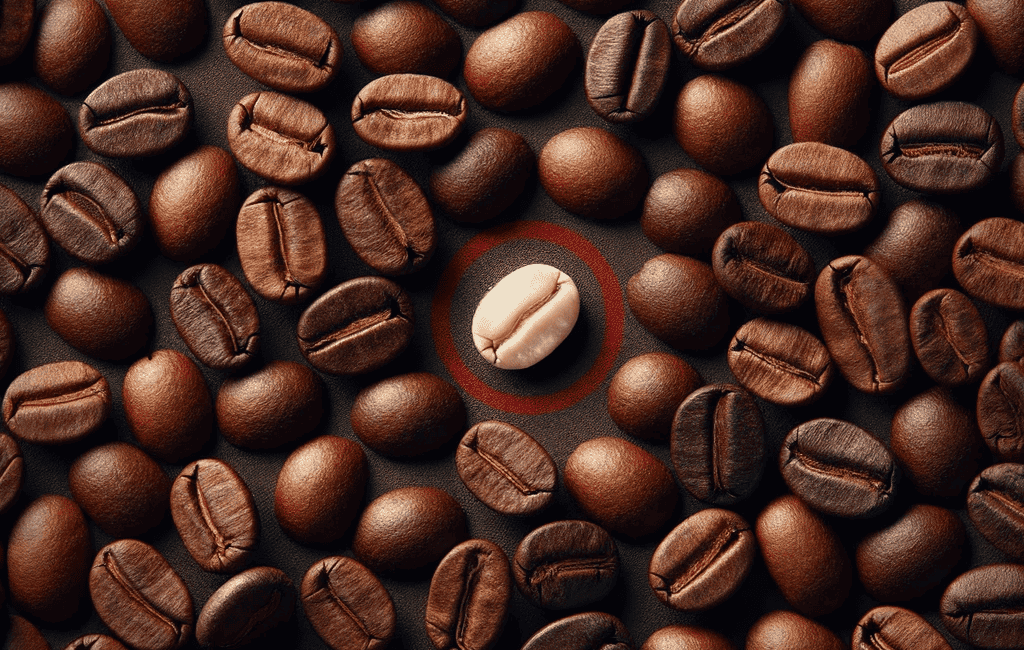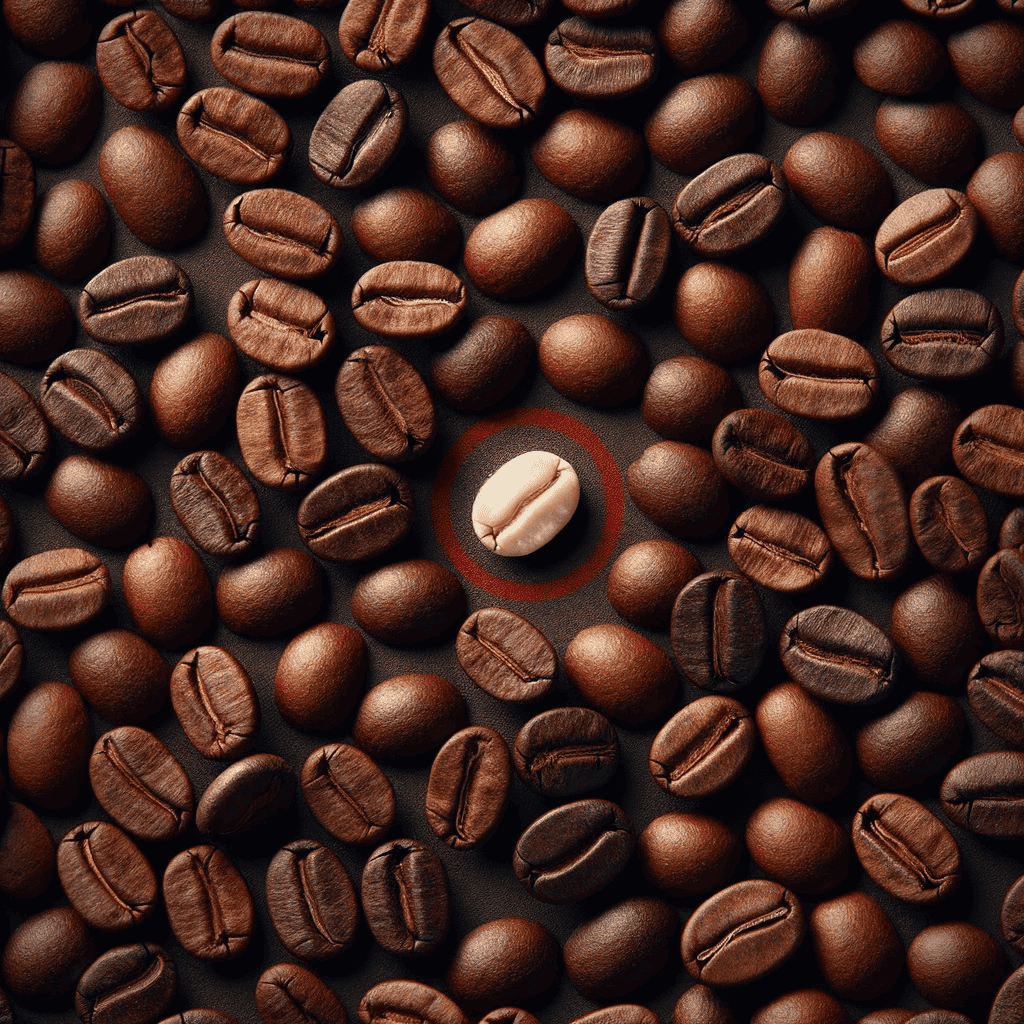

When diving into the complex world of coffee, one stumbles upon various terms that may seem puzzling. “Quakers” is one such term, and no, it doesn‘t refer to the religious group. In the realm of coffee, a Quaker refers to a defect in the coffee bean. Let‘s brew some knowledge and find out more about Coffee Quakers!
What Are Coffee Quakers?
Quakers are underdeveloped coffee beans. They appear lighter in color when roasted compared to properly developed beans. This difference in appearance makes them noticeable, especially against the backdrop of uniformly roasted beans.
What Causes Quakers?
- Genetics: Some coffee varieties are more predisposed to produce Quakers.
- Poor Agronomic Practices: Inconsistent access to water, nutrients, or improper spacing can affect the development of coffee cherries.
- Disease & Pests: Factors like the coffee leaf rust or infestation by pests can lead to the uneven ripening of cherries.
- Harvesting Issues: If cherries are harvested too early, it increases the chance of Quakers. A mix of ripe and unripe beans is a recipe for Quakers in the batch.
- Processing: Incorrect drying or uneven fermentation can lead to Quakers.
Why Are Quakers Considered a Defect?
Taste Impact: Quakers can introduce an unpleasant, cereal-like or astringent taste to the coffee. In specialty coffee, where consistency and flavor profiles are paramount, Quakers are undesirable.
Appearance: The lighter hue of Quakers, post-roasting, detracts from the aesthetic of a uniformly roasted batch.
How Are Quakers Identified?
- Visual Inspection After Roasting: This is the most common method. Quakers can be spotted as they appear noticeably lighter than other beans.
- Taste: Cupping sessions, where coffee is tasted methodically, can help in identifying off-flavors introduced by Quakers.
- Technological Solutions: Some modern mills and roasting setups now use color sorting machines to automatically detect and remove Quakers.
Minimizing Quakers:
- Selective Harvesting: Picking only ripe cherries reduces the chance of underdeveloped beans.
- Proper Drying: Ensuring even drying, especially in sun-dried methods, is crucial.
- Regular Plantation Checks: Keeping an eye out for diseases and pests, and using organic or recommended treatments can help maintain the health of the coffee cherries.
In Conclusion:
While Quakers may sound like an insignificant detail to the casual coffee drinker, they play a significant role in the quality and flavor profile of the brew. The meticulous process of ensuring a Quaker-free batch underscores the dedication and hard work of coffee producers around the world. So, the next time you enjoy a cup of your favorite coffee, take a moment to appreciate the labor and love that ensures its impeccable taste!


